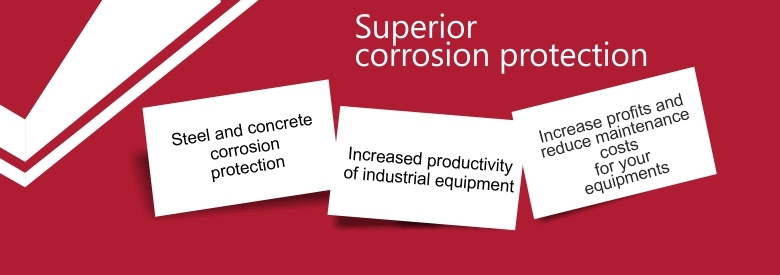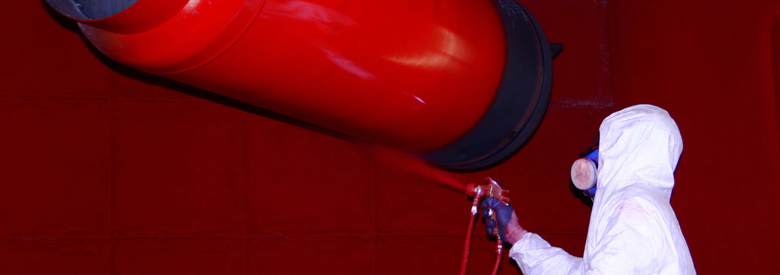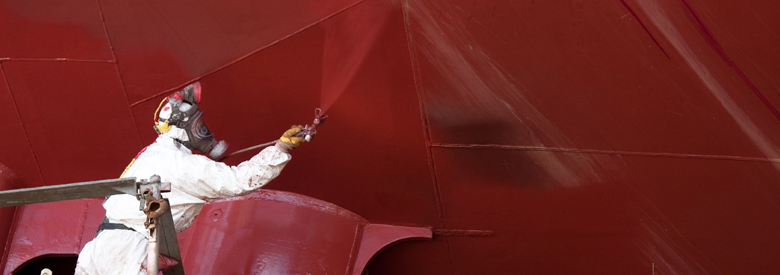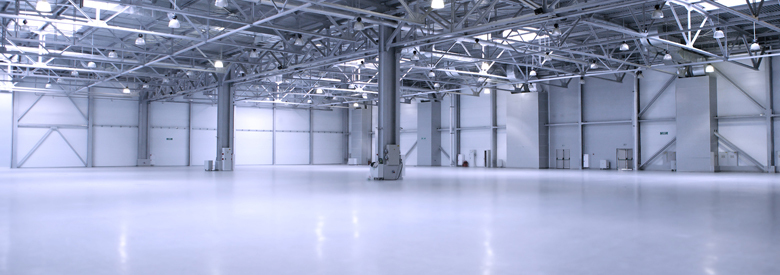A solution for corrosion protection of the pipelines. Find out details!
Corrosion protection for pipeline
Pipelines play a very important role in the transport of gases and liquids from source to end consumer. Transported Items can lead to corrosion, and this requires the involvement of maintenance costs. For example, in the oil industry metal surfaces are exposed in all stages, being required corrosion protection measures.
Corrosion caused by CO2
Corrosion caused by CO2 is the most studied form of corrosion in the oil and gas industry. The content of CO2 in the storage tanks of oil or gas facilitates corrosion. This can lead to blocking equipment, the biggest risk is if drilling pipes tubes transmission
During the corrosion process, it results iron carbonate FeCO3 and iron hydrocarbon. These compounds are deposited on the metal surface, the cause is represented by the low solubility.
A challenge in the oil industry
For the safety of the equipment, it`s recommended to do systematic inspections. These may include measuring the wall thickness of the pipe and corrosion. Also, you can make tests on the chemical composition of water, flow characteristics, temperature etc.
Microbial deterioration is another factor that can influence the quality of metal surfaces. This can happen when different solid materials infiltrate the pipeline, and by accumulation of water. It should be also taken into account the velocity of the water. Ducts with a low velocity tend to be more exposed to corrosion.
The solution for your installations
Safety of equipment is guaranteed by applying CHEMOLINE RT CN product. This is a soft black rubber based co-polymerised bromobutyl rubber (BIIR) that is reactive and easy to apply.
Since intramolecular bonds (curing) are already done in the workshop, there is no need for extra heat treatment after completion of the application process and any prolonged periods of unnecessary waiting for the curing process. This means that the protective material can be exposed to chemical, mechanical and thermal stress immediately after lining application.
Properties of CHEMOLINE RT CN are strong resistance to mineral acids, bases, polar solvents, solutions and excellent resistance to gas diffusion such as sulfur dioxide, nitrogen oxides and water vapor saturated. Additionally we must emphasize high resistance to ozone and the fact that this material is very suitable for protecting equipment in environments that use sodium hypochlorite with concentrations of up to 190 g / l free chlorine.
Choose now the safety of your equipments and decrease maintenance costs! For any questions regarding anti-corrosion and anti-abrasion protection systems, we provide the following contact.
Sursa: http://www.scientific-journals.co.uk/web_documents/3020208_co2_corrosion.pdf














